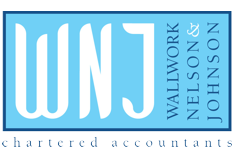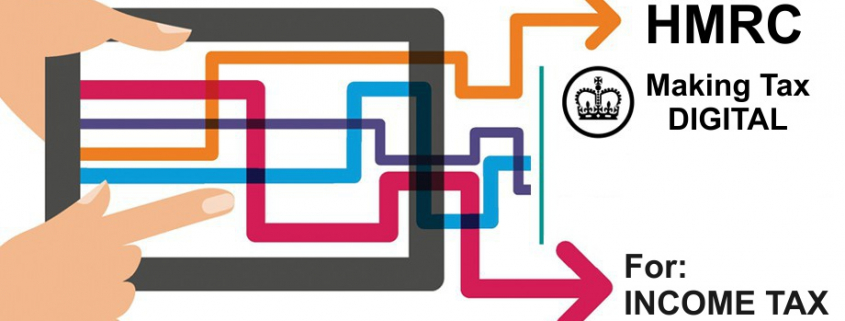MAKING TAX DIGITAL FOR INCOME TAX – BE PREPARED
A new mandatory system for income tax reporting is set to affect how hundreds of thousands of landlords and sole traders report their income to HMRC in the future.
The initiative is called ‘Making Tax Digital for Income Tax’ or ‘MTD for IT’ and the government says it is being introduced to reduce losses to Treasury coffers by improving record keeping and tax accuracy.
With 12 months to go until the new system is introduced, now is the time to start preparing.
If you are a sole trader or a landlord, or both, and have gross income of more than £50,000 in the 2024/25 tax year, the changes will affect you from April 2026.
From April 2027 it will be rolled out those with qualifying income of more than £30,000. And the government announced in its Spring Statement that it has plans to extend MTD for IT to sole traders and landlords with income over £20,000 from April 2028.
It means that instead of filing one Self Assessment tax return annually you have to keep digital records on a compatible piece of software and submit quarterly returns to HMRC.
There will also be final declaration once those four quarters have been submitted.
If affected, what does it mean for you?
MTD for IT is part of the overall digitalisation of UK tax which is being rolled out. You will be required by law to use what is termed ‘compatible software’ to:
• Keep and retain transaction-level (income and expenses) digital records for each self-employment and/or property business.
• Submit quarterly update reports of your year-to-date transactions for each self-employment and/or property business to HMRC.
• Finalise your end-of-year position by providing details of your other personal income sources, making adjustments, claiming reliefs and submitting your digital tax return to HMRC.
Starting with the 2026/27 tax year, this process will replace your annual self-assessment tax return. There will be no changes to your income tax payment dates but failure to comply with the new rules will result in financial penalties.
The MTD for IT rules are being applied to everyone within the set criteria, regardless of how good their current records are.
If affected, you need to make sure you are using an appropriate digital record-keeping system from April 6, 2026 and are ready to submit the first quarterly update report for the 2026/27 tax year, due on August 7, 2026.
HMRC will not be providing software, but the new requirements may not necessarily require a change in the systems that you are currently using. And if changes are needed to ensure your systems are compliant, various types of MTD-compatible software will be available.
This could be a good opportunity to review your current processes to identify any advantages that can be achieved through the use of ‘compatible software’. Cloud record keeping, for example helps with strategic planning due to real-time data.
What happens next?
HMRC may contact you over the coming weeks and months to inform you of the planned changes. That letter is for information purposes and you do not need to respond to it directly.
Depending on your current record-keeping system and VAT status, there may be more work involved.
WNJ can help in that. If you contact us now, we will have plenty of time to prepare, explore options and find a solution that works for you.
We are well experienced in handling HMRC digitalisation and supported many of our clients when a similar regime was introduced for VAT.
We work with our clients to find the best possible solution that brings as much value to them and their business as possible.
We can do it all for you – sign you up for MTD for IT, provide the compatible Making Tax Digital software, prepare and submit the bookkeeping for the four quarterly returns and also prepare and submit your final declaration.
However, if you prefer to carry some of these tasks yourself our team is here to review and help.
If you’d like more information and to discuss your individual needs we’re here and ready to help answer any questions. Please contact me at kim.holt@wnj.co.uk or call 01772 430000 to discuss.




 daniel thomas
daniel thomas